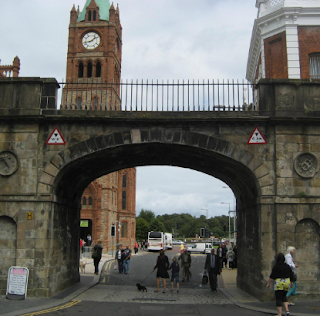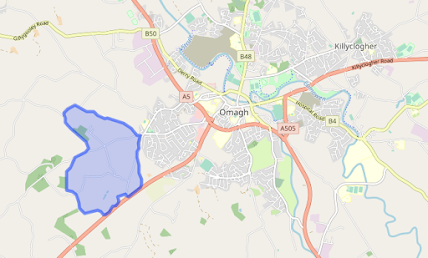Tithe Applotment books parish of Templemore 1772-1793

Tithe applotment books parish of Templemore, Co. Derry 1772-1793 Tithes were payments made to the Established Church of Ireland and were paid irrespective of religious affiliation (therefore resented by Catholic and Presbyterians who felt coerced into supporting the minority Church of Ireland). Very few tithe records exist pre-1823 when the Tithe Composition Act was formally introduced to regulate payments. It is fortunate that tithe applotment books have survived for the civil parish of Templemore (the city of Derry and Liberties). The records effectively record all tithe payers in the barony of the North West Liberties (to distinguish from the North East Liberties in Coleraine). Copies of the original tithe applotment documents can be found amongst the records of St Columb's Church of Ireland at PRONI reference MIC/1/291 Volume 24 = 1772-1778 Volume 25 = 1778-1884 Volume 26 = 1786-1793 These volumes contain the names of thousands of tithe payers in and around the city in the peri

